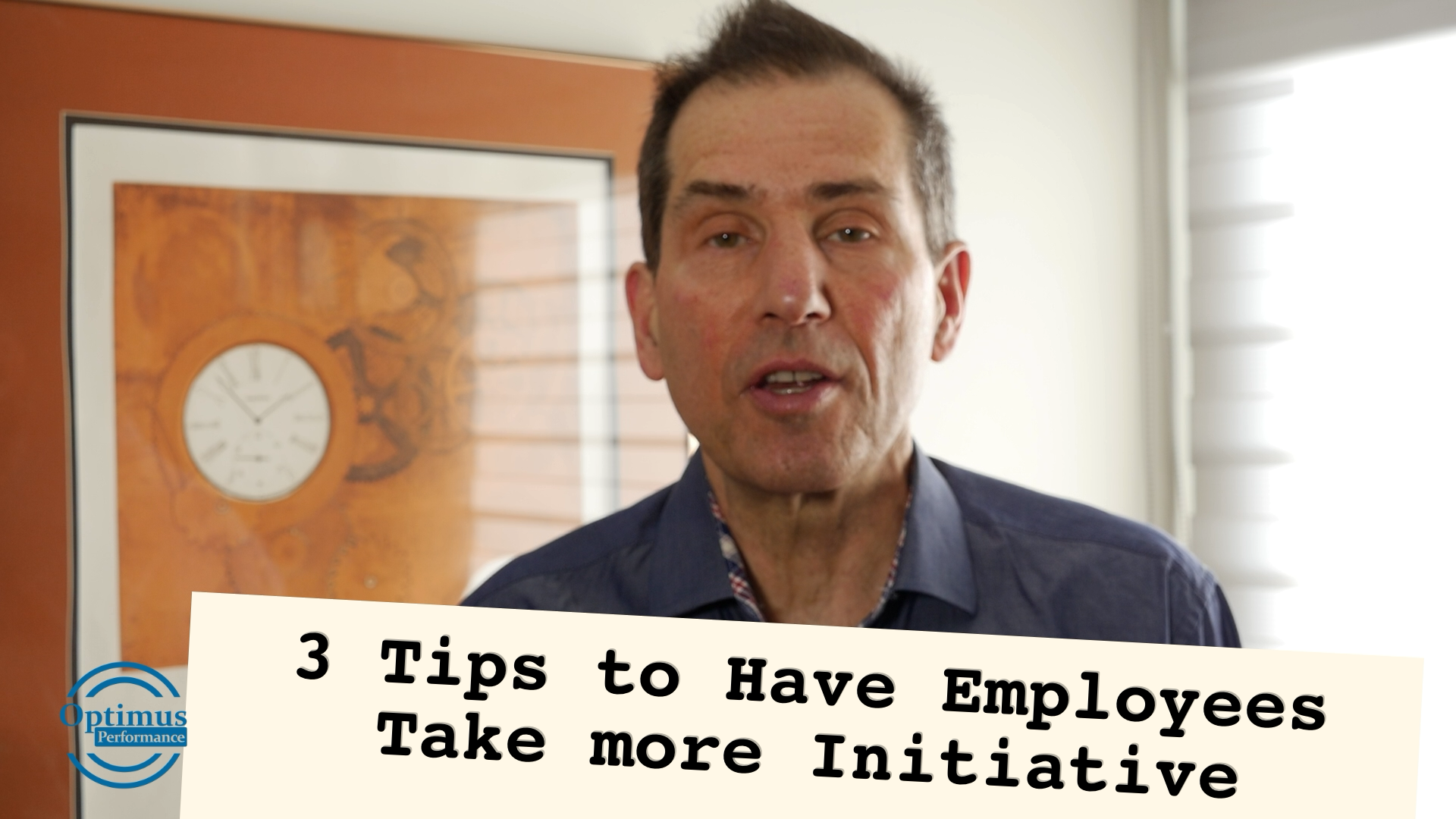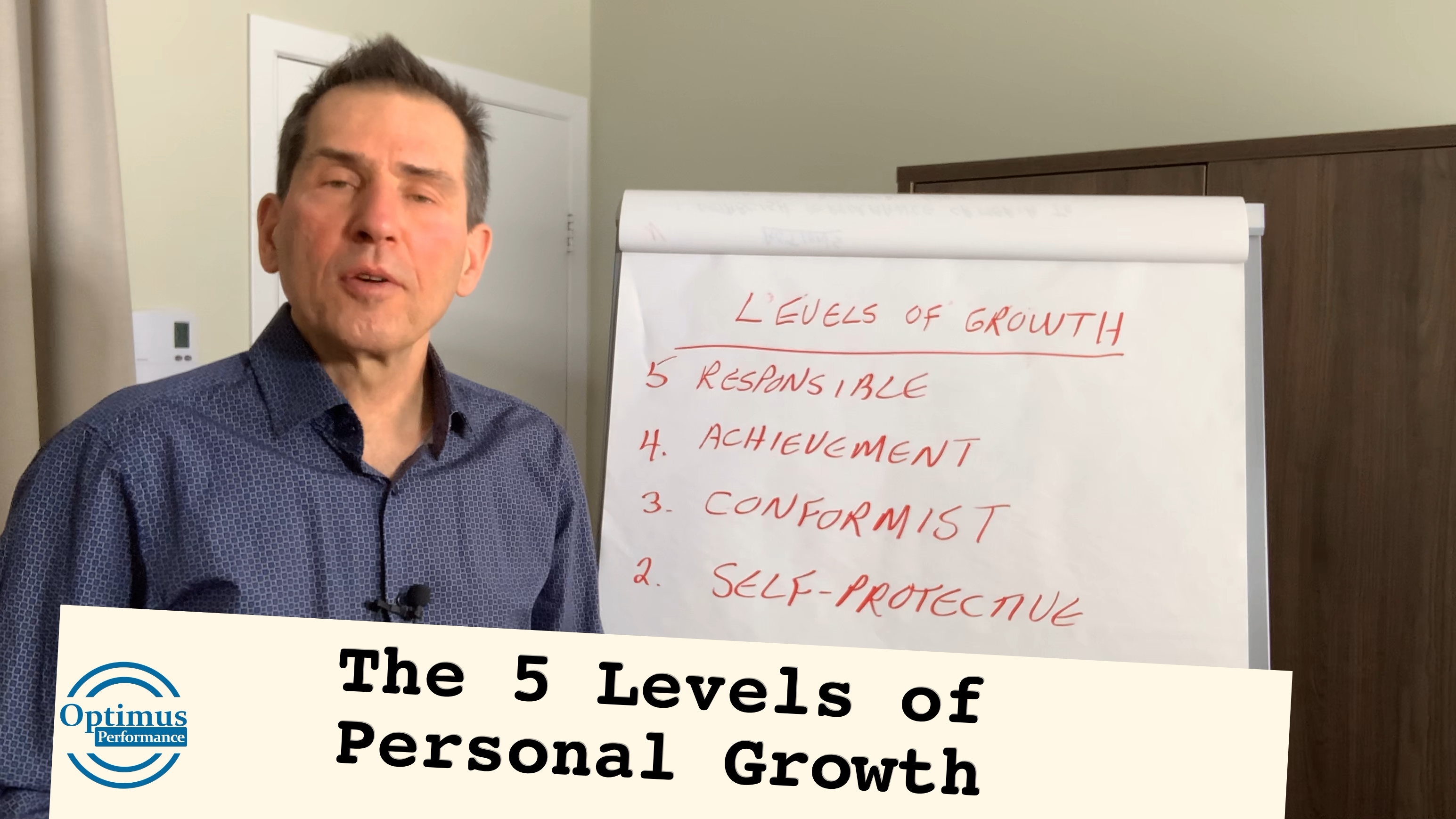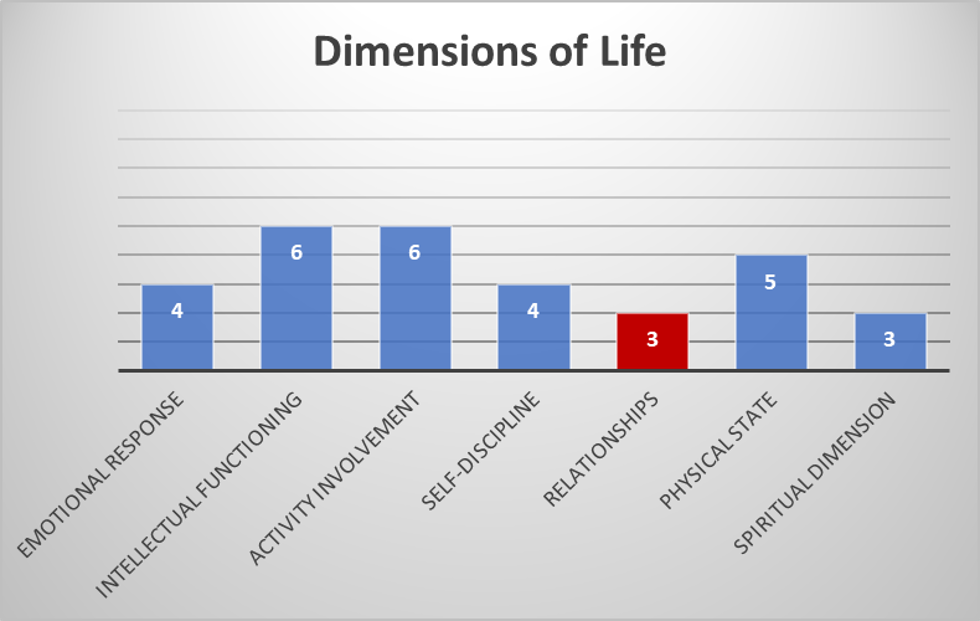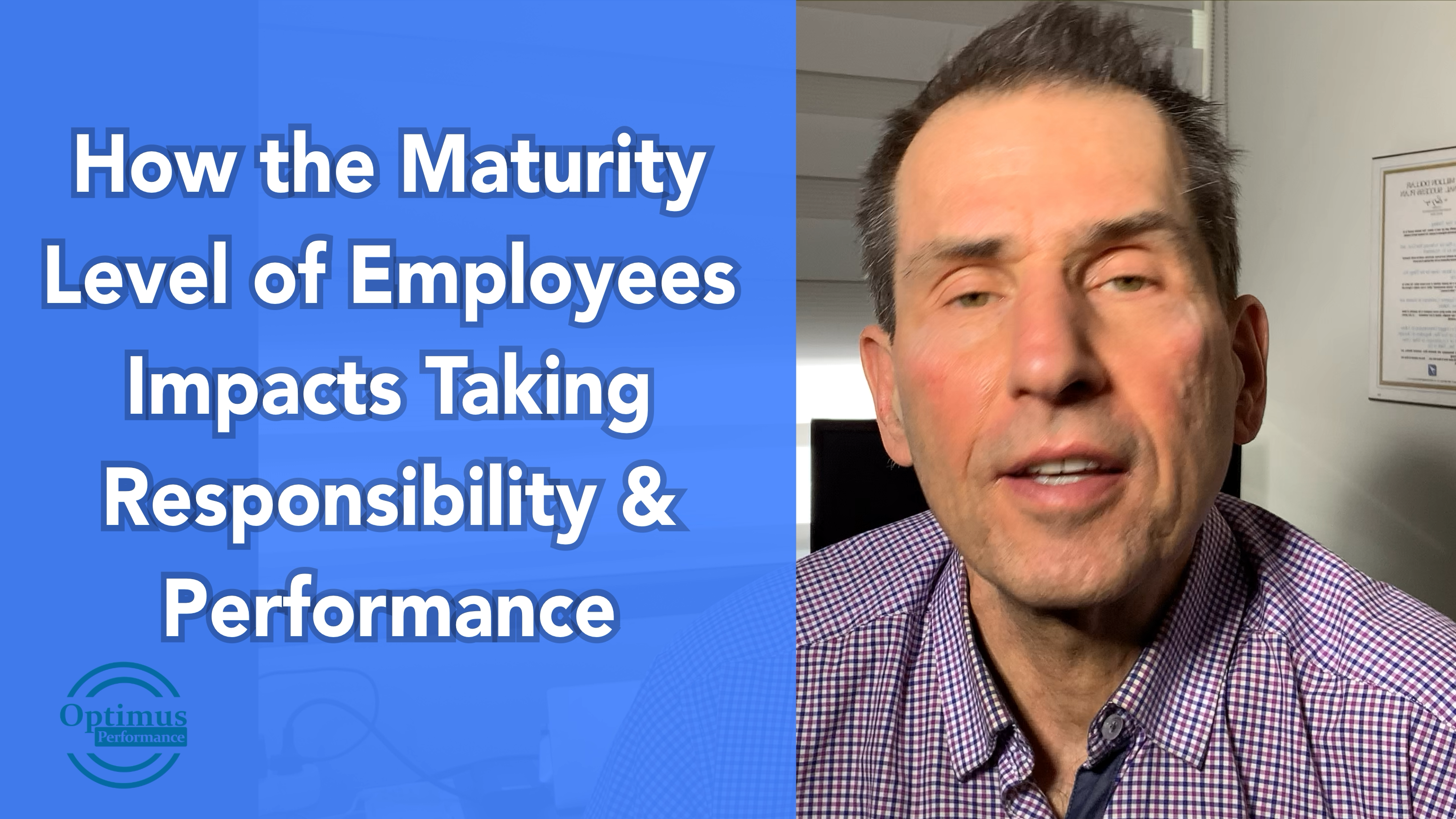Some people tend to take more responsibility and initiative than others. There are two reasons for this. One is related to the human type and the other to their level of personal growth.
In the middle of the five levels of personal growth is the Conformist level. At this level people tend to play it safe and follow the rules. This is good for jobs that require a lot of repetitive tasks or to continuously meet pre-determined standards.
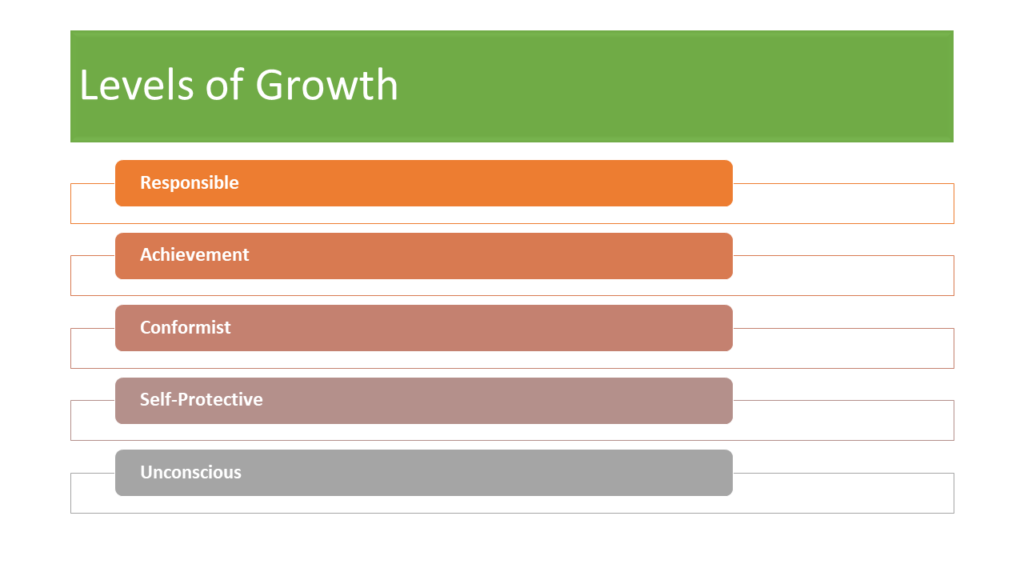
But if we want more autonomous employees who once experienced on the job have the confidence to make their own decisions then we need to do three things to encourage more responsible behavior.
- Ask questions rather than giving answers. When an employee comes to you for a decision or so solve a problem ask them what they think they should do. They usually know the answer but might me afraid to make a mistake. Reinforce their idea and let them act. Follow-up and see how they did and give positive feedback. You can also use a past example to remind them of how a similar decision was made in the past.
- Set a performance improvement goal. Always have an employee work on one or two personal performance improvement goals. One could be skill related and the other a behavior. This gives you the opportunity to have them grow beyond the Conformist level of development and to reinforce their growth and success.
- Have them participate in team problem solving sessions. Use team brainstorming to address problems or improvement initiatives and make sure all employees contribute their ideas. This way they become comfortable with taking risk and thinking creatively in a controlled environment.
Acting on these three guidelines will build more responsible and autonomous employees that will lead to more time for the leader to think and work strategically.
